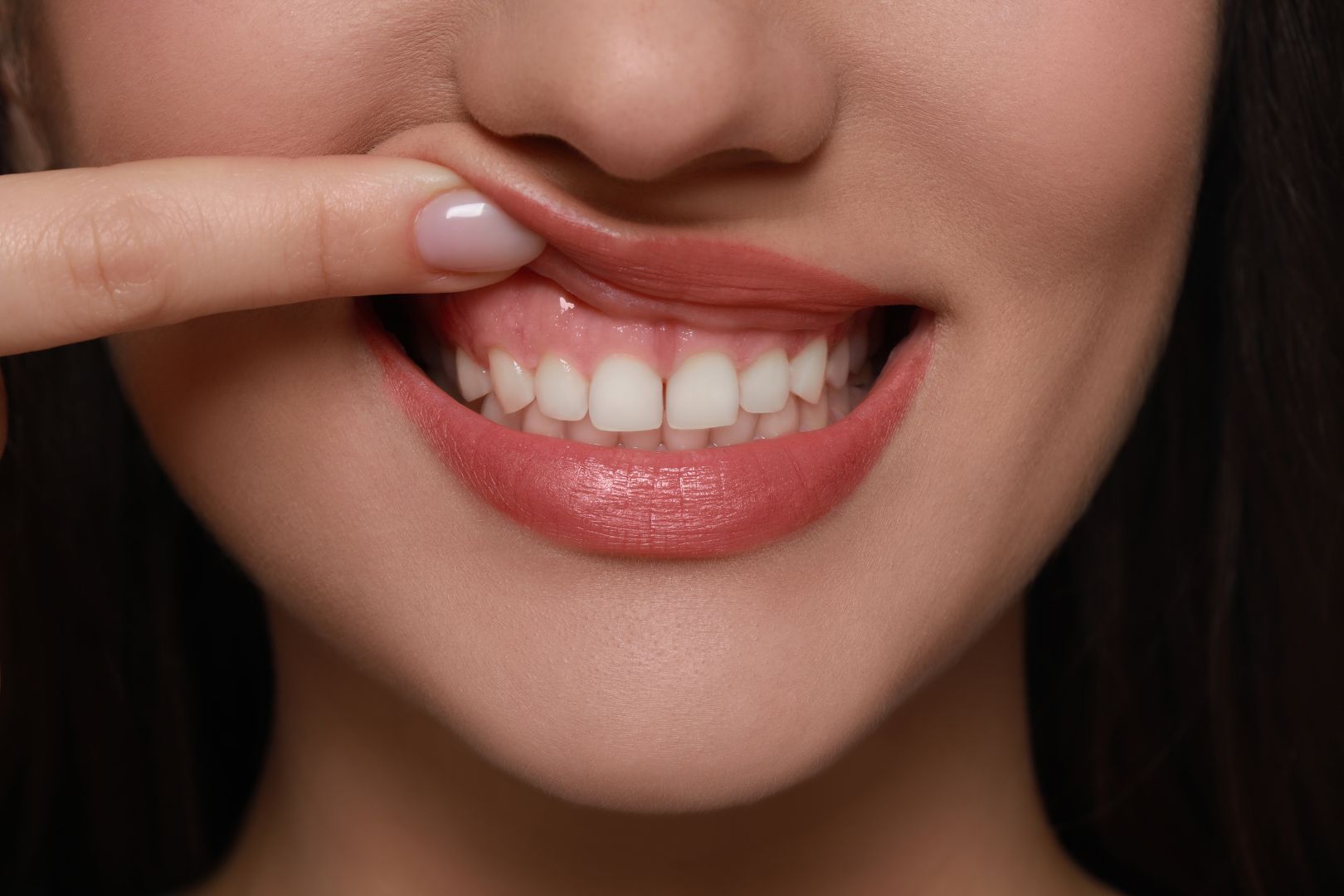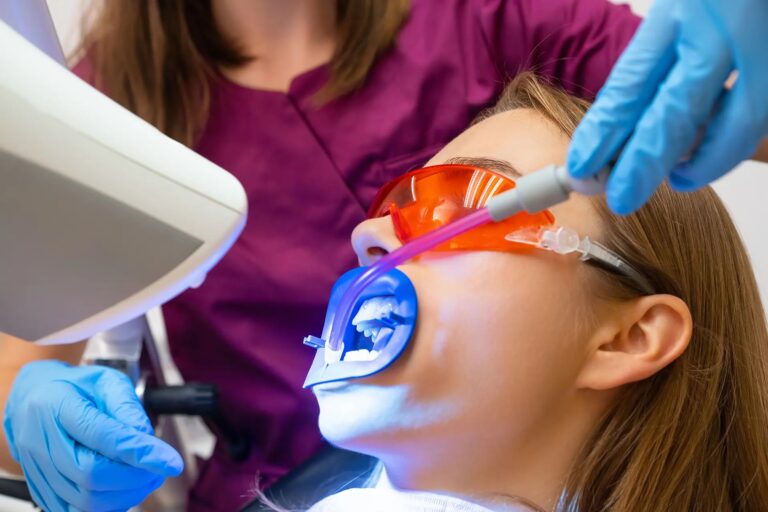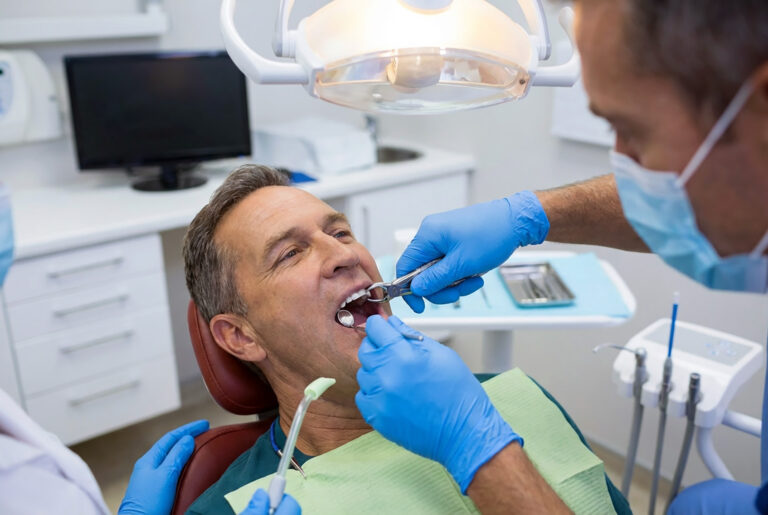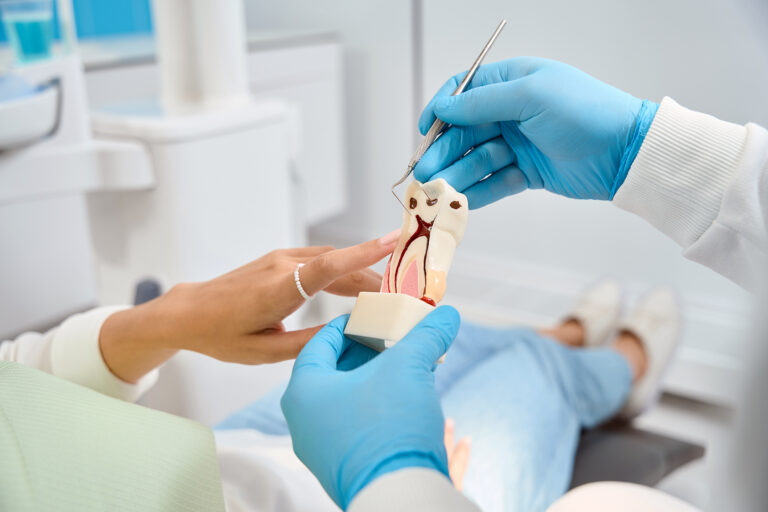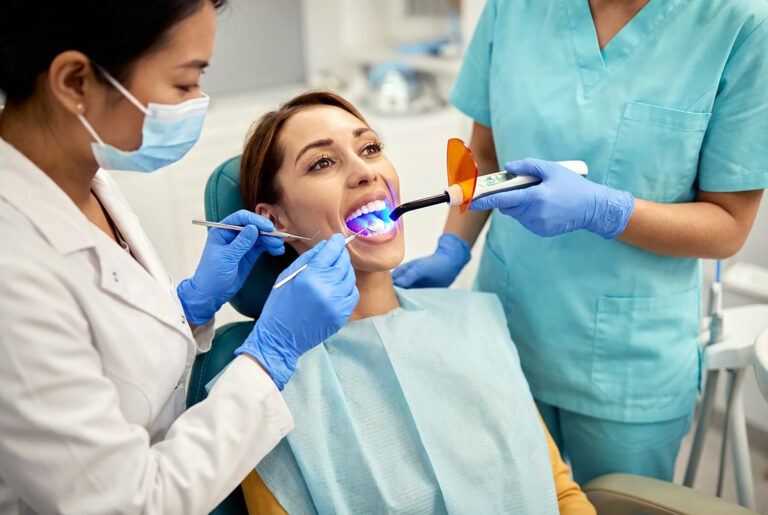We often take oral hygiene for granted. We think of it as a given, something we can miss now and then, something we’ve always been doing right for as long as we’ve been doing it. But our methods are still flawed.
In fact, there can be things we must remember to do daily that make our oral hygiene routine less robust than we imagine it to be. And there’s one place we often forget when considering our oral hygiene. We know to brush our teeth. But we may neglect our gums. Gum health is vital to your oral health and warrants your attention. In this article, we will go through why gum health matters and what you can do each day to keep your gums healthy.
Why Your Gums Deserve Your Attention
Before getting into what you can do for your gum health, let’s consider why it matters. Healthy gums support teeth, preventing tooth loss and maintaining proper alignment. When gums become inflamed or infected, a condition known as gingivitis can develop, leading to more severe periodontal disease if left untreated. This can result in gum recession, bone loss, and eventual tooth decay.
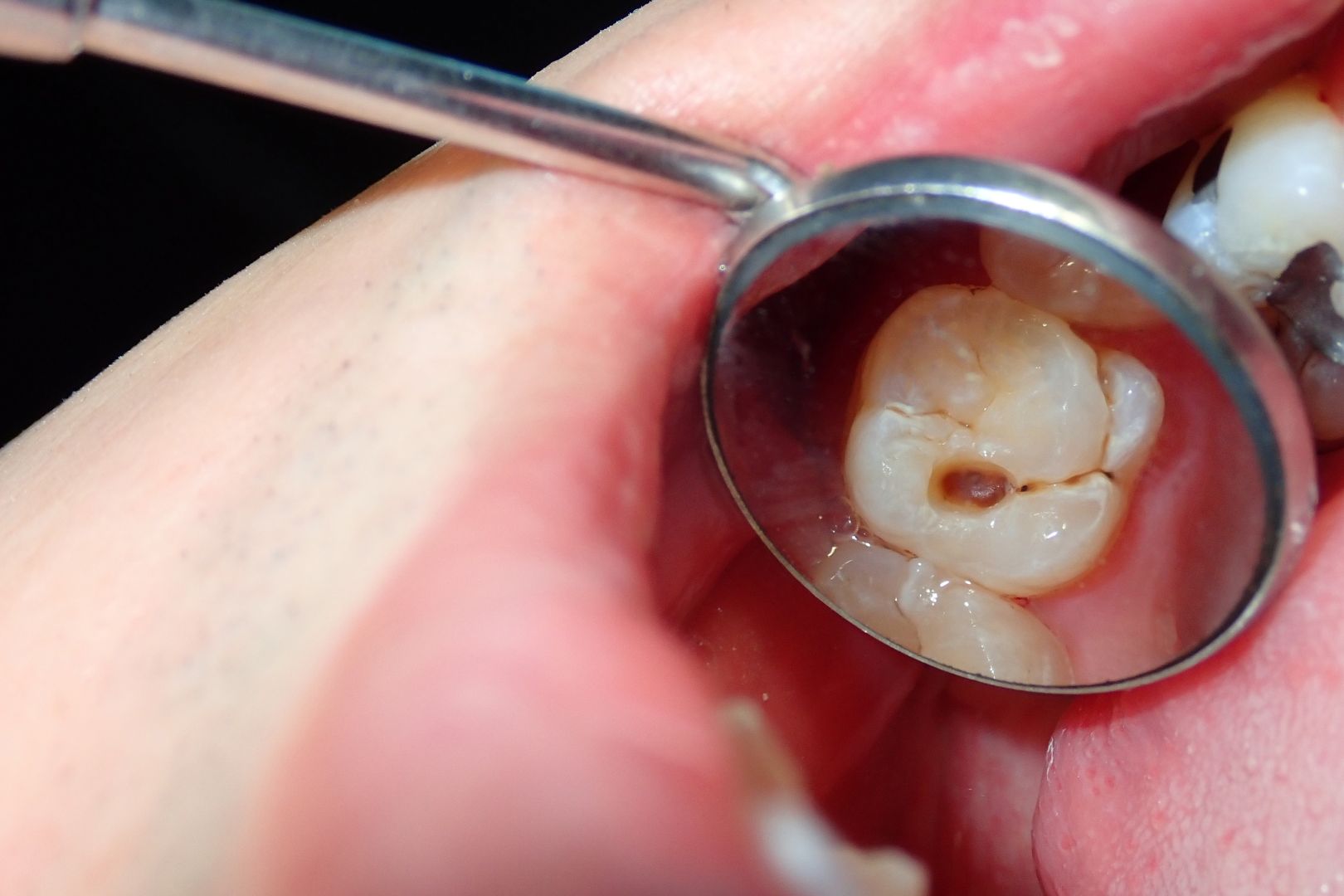
Additionally, poor gum health has been linked to systemic health issues, including heart disease and diabetes, as bacteria from the gums can enter the bloodstream. Prioritising gum care protects your smile and promotes your overall well-being, highlighting the interconnectedness of oral and general health.
Daily Gum Care Routine
There’s some clear overlap between what you do for the health of your teeth and what you can do for your gums. It’s still worth going through to see how activities you may be doing already help your gum health.
If we listen to our dentists, brushing our teeth twice daily is something we already do. A soft-bristled toothbrush armed with fluoride toothpaste is good for our teeth and gums, but that’s only if we remember to reach for the gum line.
Why do that at all? Carefully and gently brushing along the gumline will help control bacteria and prevent infiltration. Gentle brushing also has a massage-like effect on the gums, stimulating blood flow, relieving stress, and reducing tissue pain.
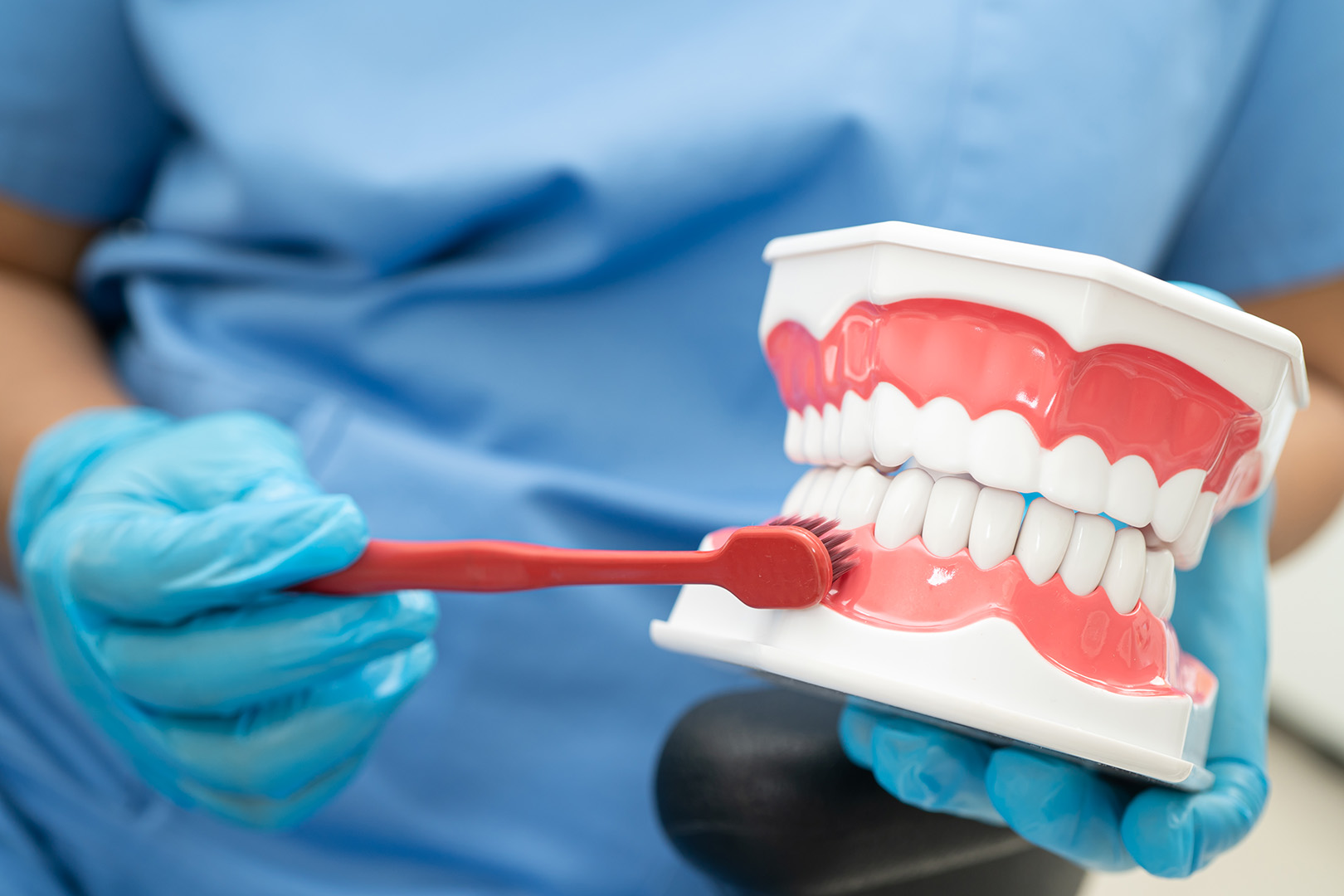
Flossing is important not just for getting pesky things out of our teeth but also for our gums. It removes plaque and food particles between teeth that your toothbrush can’t reach. It’s critical in preventing nasty bacteria from taking a foothold in your gums. That said, it’s also important to floss gently; if you find your gums bleeding after you floss, you’re likely flossing too roughly.
It’s also potentially a sign of periodontal disease, so if the bleeding remains intense even after maintaining a regular regimen of flossing lightly, visit your dentist. The good thing about flossing is that you can floss at any time of day, just as long as you do it once.
A mouthwash isn’t just for fresh breath. It’s another way to tackle plaque and gingivitis-causing bacteria that can harm your gums. An antimicrobial mouthwash is perfect for this function, but it’s also important not to overdo it. Use your mouthwash a maximum of twice a day for the best results; too many times and your mouth can end up becoming too dry. Dryness means less saliva in your mouth, meaning less of its protective properties.
Lifestyle Habits for Healthy Gums
That’s what you can do every day at your sink. But oral hygiene doesn’t stop there. Staying hydrated throughout the day can help wash away any pesky food particles or bacteria, giving your saliva the boost it needs. Staying hydrated supports natural saliva production, so you’ll kill two birds with one stone!
A balanced diet is also key; fruits, vegetables, whole grains, and lean proteins can go a long way toward preserving gum health. Sugary snacks and beverages encourage plaque buildup and gum disease. Water should always be the drink of choice—if you have to have a soda, let it be a special treat!
Soda isn’t the only thing to avoid. Tobacco has been shown to hurt gum disease. People who smoke are far more likely to develop gum disease and have poor gum health. Specifically, because tobacco lingers in the mouth, it dries out your mouth and weakens your body’s immune system. It’s a cascading effect that can permanently damage your gums. So, if you care about your gum health, consider quitting smoking.
Regular Dental Check-Ups
While not necessarily part of a daily routine, visiting your dentist regularly is the final and surest way to ensure your gums are in tip-top shape. Professional cleaning from a trained dentist can go further than you ever can at home and can prove essential to tackling pesky issues you keep missing. Similarly, expert examination will help spot any potential upcoming issues or current lapses in your daily oral hygiene routine.
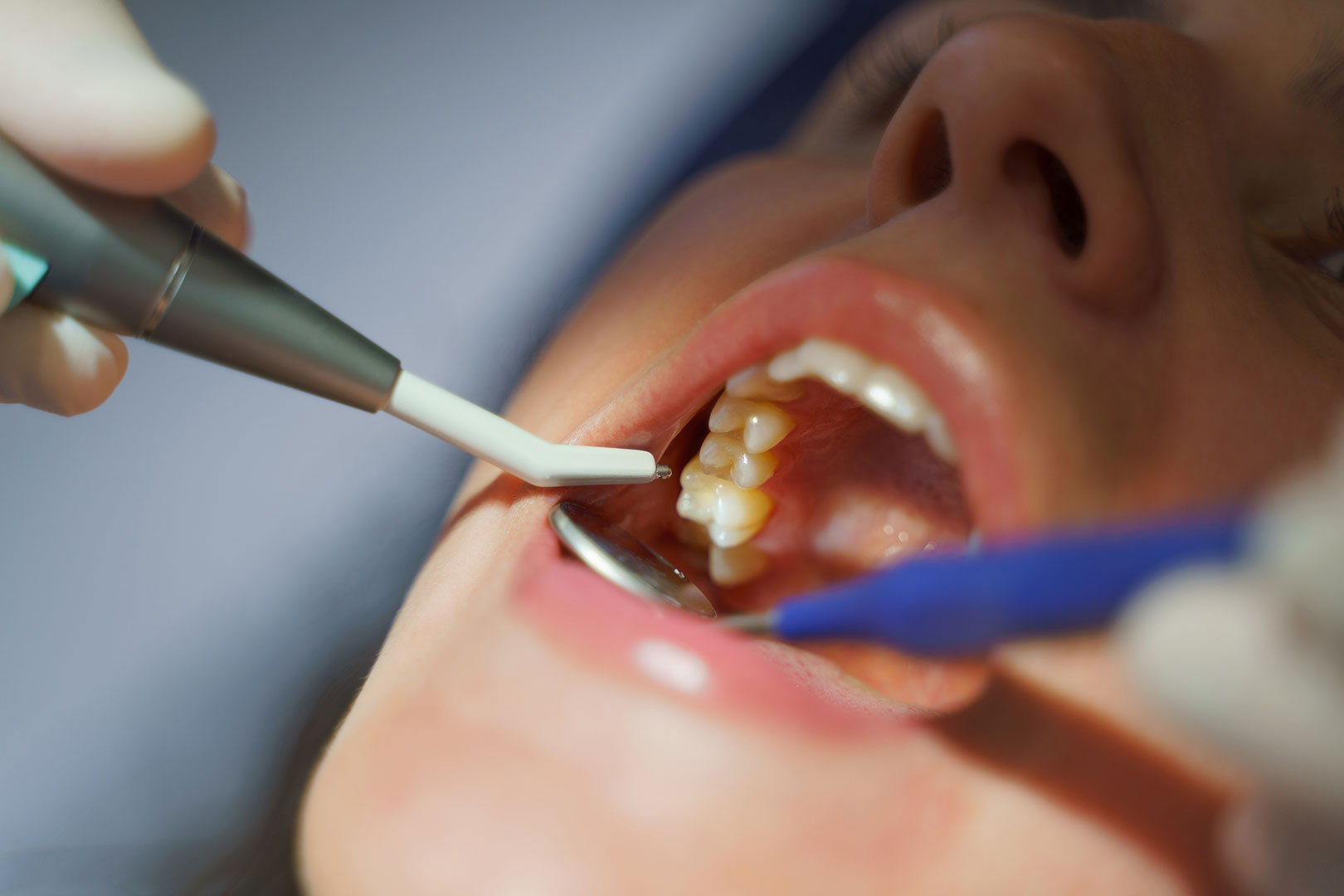
If you care about your gum health or your overall oral health, make an appointment today at TEETH @ Tiong Bahru to give your smile the support it deserves.

